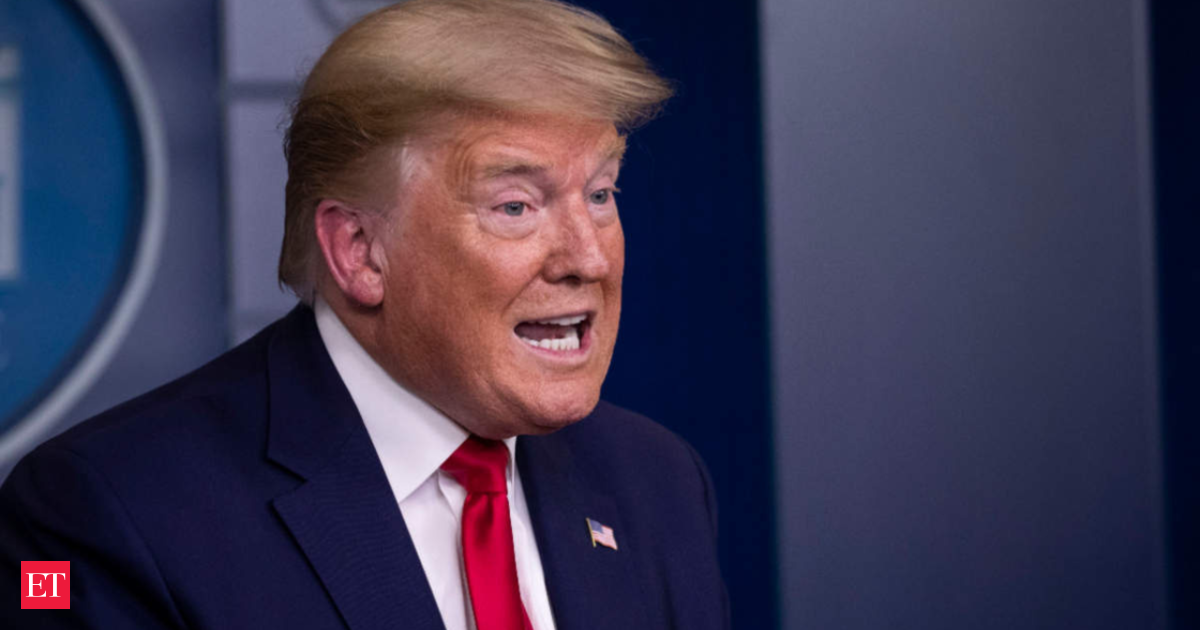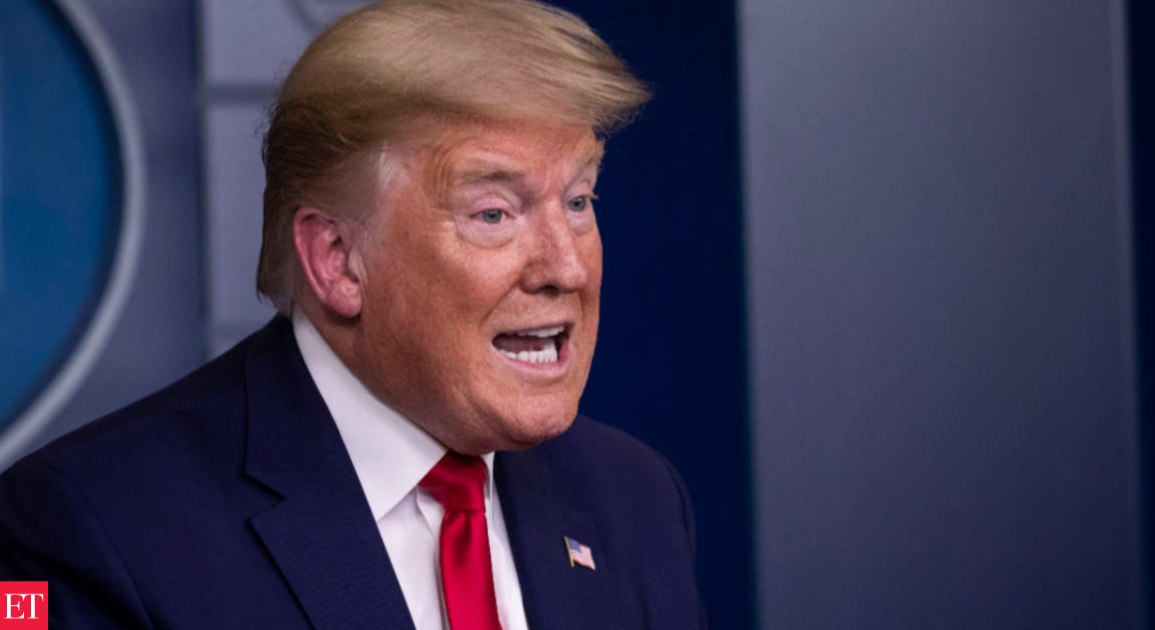
El Salvador’s President Nayib Bukele has offered to house U.S. citizens convicted of crimes in his country’s notorious prisons. The offer came during a meeting with U.S. Secretary of State Marco Rubio on Monday, where Bukele presented the U.S. with an opportunity to outsource part of its prison system. While Rubio called the proposal “an incredible offer,” he also acknowledged the legal complexities involved in such a deal.
The offer to house U.S. prisoners in El Salvador’s jails is under consideration by the Trump administration. Secretary of State Marco Rubio, addressing the proposal during a press conference in Costa Rica, described the offer as “unprecedented” and expressed that the U.S. would need to carefully evaluate the legalities involved. Despite this, he acknowledged the generosity of the proposal.
President Donald Trump himself has shown enthusiasm for the plan, stating that he would implement it “in a heartbeat” if legal obstacles could be overcome. He suggested that outsourcing prisoners to El Salvador would be more cost-effective than housing them in private U.S. prisons. In fact, Trump previously proposed a similar idea, suggesting that the U.S. could pay foreign countries a “very small fee” to imprison repeat offenders abroad.
However, legal challenges loom. The U.S. Constitution protects citizens from being stripped of their citizenship for committing crimes, meaning that the transfer of U.S. prisoners to another country could be legally problematic. Courts have ruled that Americans cannot be deported for criminal activity, making the legality of such a deal unclear. As such, any move to follow through on Bukele’s offer would likely face significant opposition in U.S. courts.
Legal and human rights challenges
Apart from the constitutional issues, the plan would face scrutiny over the human rights implications of sending U.S. prisoners to El Salvador’s dangerous and overcrowded prisons. According to the U.S. State Department, El Salvador’s prison conditions are “harsh and dangerous,” with overcrowding being a major concern. The country’s prisons have long been plagued by violence, poor infrastructure, and inadequate conditions, making it an uncertain destination for any prisoner.Bukele’s offer would see U.S. citizens and legal residents, along with members of dangerous criminal organizations like MS-13, sent to the country’s high-security jails, including the infamous Terrorism Confinement Center (CECOT).
While the Trump administration is said to be considering the offer, the potential legal challenges over the treatment of prisoners in these facilities remain a major obstacle.
The dangers of El Salvador’s prisons
El Salvador’s prison system has gained a reputation for being one of the deadliest in the region. The country was once known as the murder capital of the world, with gang violence reaching horrific levels.
To combat this, President Bukele launched an aggressive security crackdown in 2022, arresting over 80,000 people suspected of gang ties or other crimes. The policy has significantly reduced homicides and extortion, but it has also led to widespread concerns over the treatment of prisoners.
Inmates in El Salvador’s jails are often subjected to brutal conditions, including overcrowding, inadequate food, and physical abuse. The state of emergency declared by Bukele has allowed for mass arrests without due process, and many detainees are held in prisons without trial.
Human rights organisations such as Cristosal and Human Rights Watch have documented reports of torture and poor living conditions. Over 260 prison deaths between 2022 and 2024 are said to be linked to these inhumane conditions.
The Terrorism Confinement Center (CECOT), which opened in 2023, is a prime example of the extreme measures taken to control the country’s prison population.
This facility, located an hour outside the capital of San Salvador, is designed to hold up to 40,000 inmates. Most prisoners arrested under Bukele’s state of emergency are sent to smaller, overcrowded prisons, where they endure mistreatment and extreme conditions.
While CECOT itself has attracted international attention for its sheer size and imposing security measures, other facilities are less publicized but equally as dangerous.
What would happen if U.S. prisoners were sent to El Salvador?
If the proposal were accepted and U.S. prisoners were sent to El Salvador’s jails, it would mean the transfer of individuals convicted of serious crimes, including members of gangs like MS-13.
While Bukele’s government has claimed that the country’s prisons are now under strict control, the question remains whether U.S. citizens would be subjected to the same harsh conditions that have garnered international criticism.
Many fear that sending prisoners to such a dangerous environment would be an irreversible step, leading to potential human rights violations and possible diplomatic repercussions.
El Salvador’s prison conditions and the country’s crackdown on crime are controversial, with some lauding Bukele for his tough stance, while others criticize the erosion of civil rights.
This post was originally published on this site be sure to check out more of their content.









